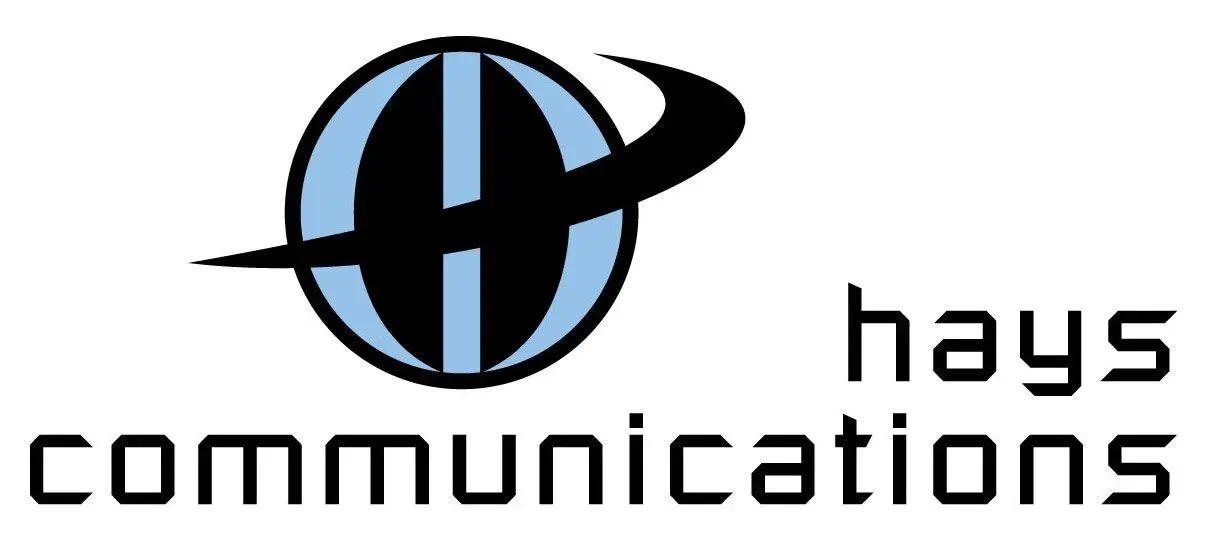What U.S. and International Regulations Affect Communication Systems?

The modern world runs on communication. Whether you’re sending an email, hosting a video call, or operating a data center, everything depends on reliable and compliant communication networks. But behind the seamless flow of information lies a complex web of laws, standards, and international rules that keep these systems secure, fair, and interoperable. Businesses that manage or install communication systems in Lubbock TX, such as Hays Communications, must navigate these rules carefully to stay compliant and competitive.
This article explores the major U.S. and global regulations shaping how telecom companies design, manage, and deliver their services. You’ll learn which agencies set the standards, how data privacy laws differ across regions, and why compliance isn’t just about avoiding fines—it’s about building trust.
1. The Role of U.S. Federal Regulations
In the United States, several key agencies oversee communication systems. At the forefront is the Federal Communications Commission (FCC), which regulates everything from radio frequencies to internet service providers. The FCC ensures that networks operate without interference, maintain public safety standards, and offer fair access to all consumers.
Some of the most relevant U.S. regulations include:
- The Communications Act of 1934 – The foundation of federal telecom law, establishing the FCC and outlining its powers.
- The Telecommunications Act of 1996 – Modernized the law for the digital age, encouraging competition and innovation.
- CALEA (Communications Assistance for Law Enforcement Act) – Requires telecom networks to provide lawful access for investigations while balancing privacy.
- Net Neutrality Rules (revised 2024) – Reinstate restrictions on how internet providers can prioritize or throttle data traffic.
For local businesses, staying aligned with these regulations means maintaining proper licensing, ensuring emergency communication compliance (E911), and upholding accessibility for individuals with disabilities.
2. International Data Privacy and Cybersecurity Laws
Communication systems don’t stop at borders—data often flows across continents in seconds. That’s why international data protection laws are crucial for companies dealing with global clients or remote teams.
Key global frameworks include:
- GDPR (General Data Protection Regulation) in the European Union, which sets strict rules on collecting, storing, and transferring personal data.
- Canada’s PIPEDA (Personal Information Protection and Electronic Documents Act), emphasizing transparency and consent.
- Asia-Pacific Cross-Border Privacy Rules (CBPR), which aim to align privacy practices across economies like Japan, South Korea, and the U.S.
Failure to comply with these international standards can result in severe penalties and reputational damage. For example, a multinational telecom provider was fined millions for transferring customer data without adequate safeguards.
3. Standards That Ensure Interoperability and Safety
Beyond government laws, there are also global technical standards that ensure communication systems can talk to each other safely and effectively. Organizations such as the International Telecommunication Union (ITU), ISO, and IEEE define protocols for network performance, encryption, and safety.
Adhering to these standards ensures:
- Equipment compatibility across different countries
- Secure transmission of sensitive information
- Reliable connectivity under varying conditions
For example, ITU-T standards ensure that mobile and internet providers worldwide can interconnect, allowing your smartphone to work just as well in Tokyo as it does in Texas.
4. Case Study: Compliance in Action
When a mid-sized regional network provider upgraded its systems to include international VoIP calling, it quickly learned how complex compliance can get. The company had to meet FCC licensing requirements, follow CALEA wiretap protocols, and encrypt voice data to meet EU GDPR standards for European clients. By partnering with a specialized compliance consultant, they avoided legal pitfalls and earned a new wave of trust from customers who valued transparency and security.
5. Why Compliance Is a Competitive Advantage
Compliance isn’t just a legal checkbox—it’s a business asset. Companies that proactively follow both U.S. and international regulations demonstrate reliability and protect customer data, which builds long-term loyalty. It also opens doors to international markets, partnerships, and clients that demand proven accountability.
Final Thoughts
In an interconnected world, communication systems must balance innovation with responsibility. Whether operating locally or globally, businesses that understand and respect these regulations gain more than compliance—they gain credibility.
If you’re building or upgrading communication systems in Lubbock TX, reach out to Hays Communications for expert guidance on regulatory compliance and secure network solutions.






